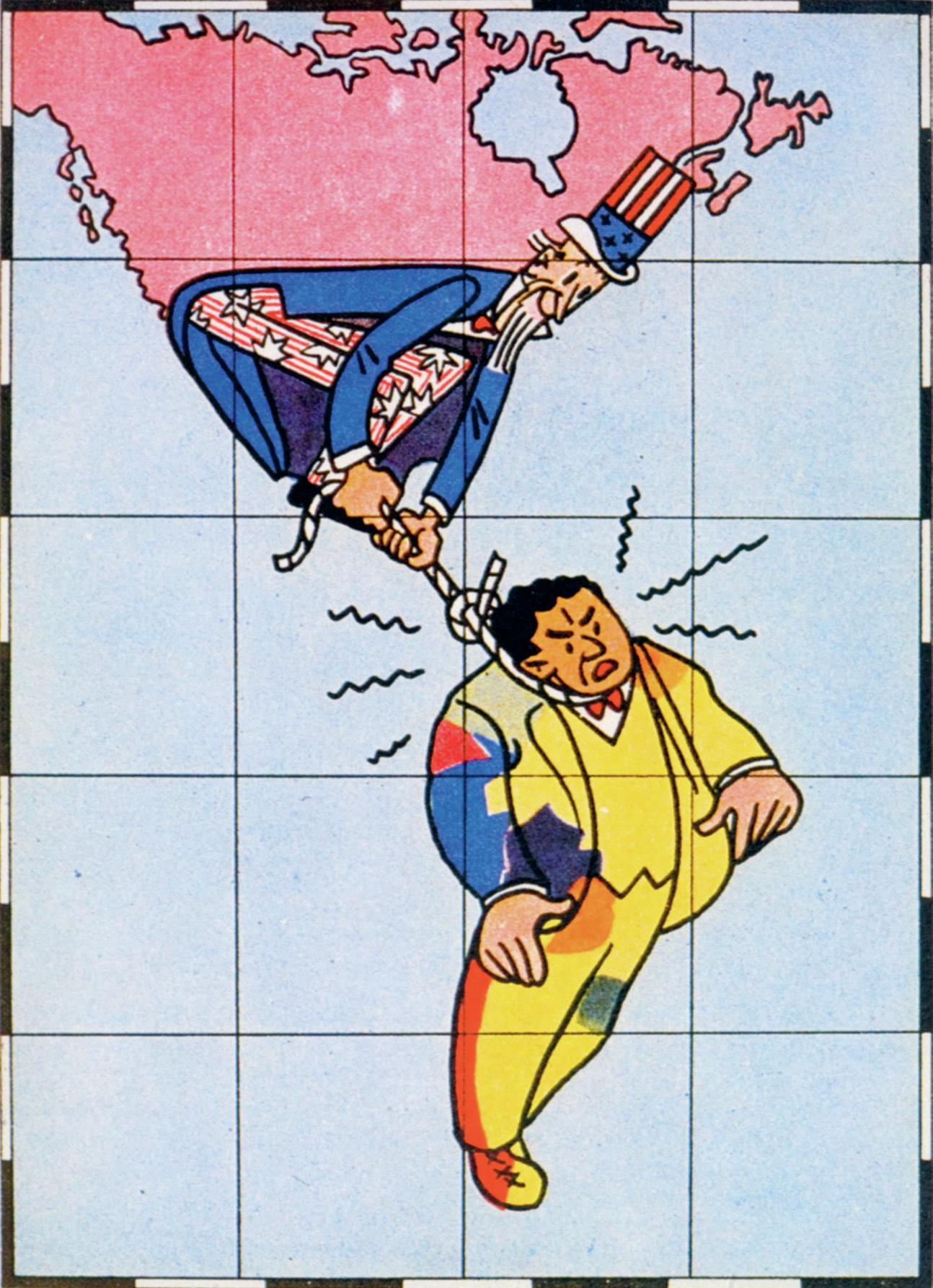
Secret meddling in foreign countries represents one of the most controversial aspects of US foreign policy. The group most closely associated with these covert activities is the Central Intelligence Agency (CIA). Yet for an institution operating in the shadows and shrouded in secrecy, it is remarkably well known inside the United States and around the world. The ‘Company,’ as termed by insiders, is frequently depicted in fiction, has a large online presence and is active on social media. Nonetheless, for many, the CIA acronym is a byword for covert intervention. In the Americas, the agency’s schemes to support select groups and overthrow others have cast a long shadow.
Since the USA was founded, officials have taken a keen interest in their Western hemisphere neighbours. As the country increased in size and influence, particularly during the nineteenth century, concerns over who ruled in the Americas grew more acute. In the 1823 State of the Union speech, President James Monroe opposed further European colonisation in the region. Drawing a distinction between Old World and New World affairs, the Monroe Doctrine stated that the USA would not interfere in European matters and famously warned Europeans against meddling on the continent.
Your organisation does not have access to this article.
Sign up today to give your students the edge they need to achieve their best grades with subject expertise
Subscribe




